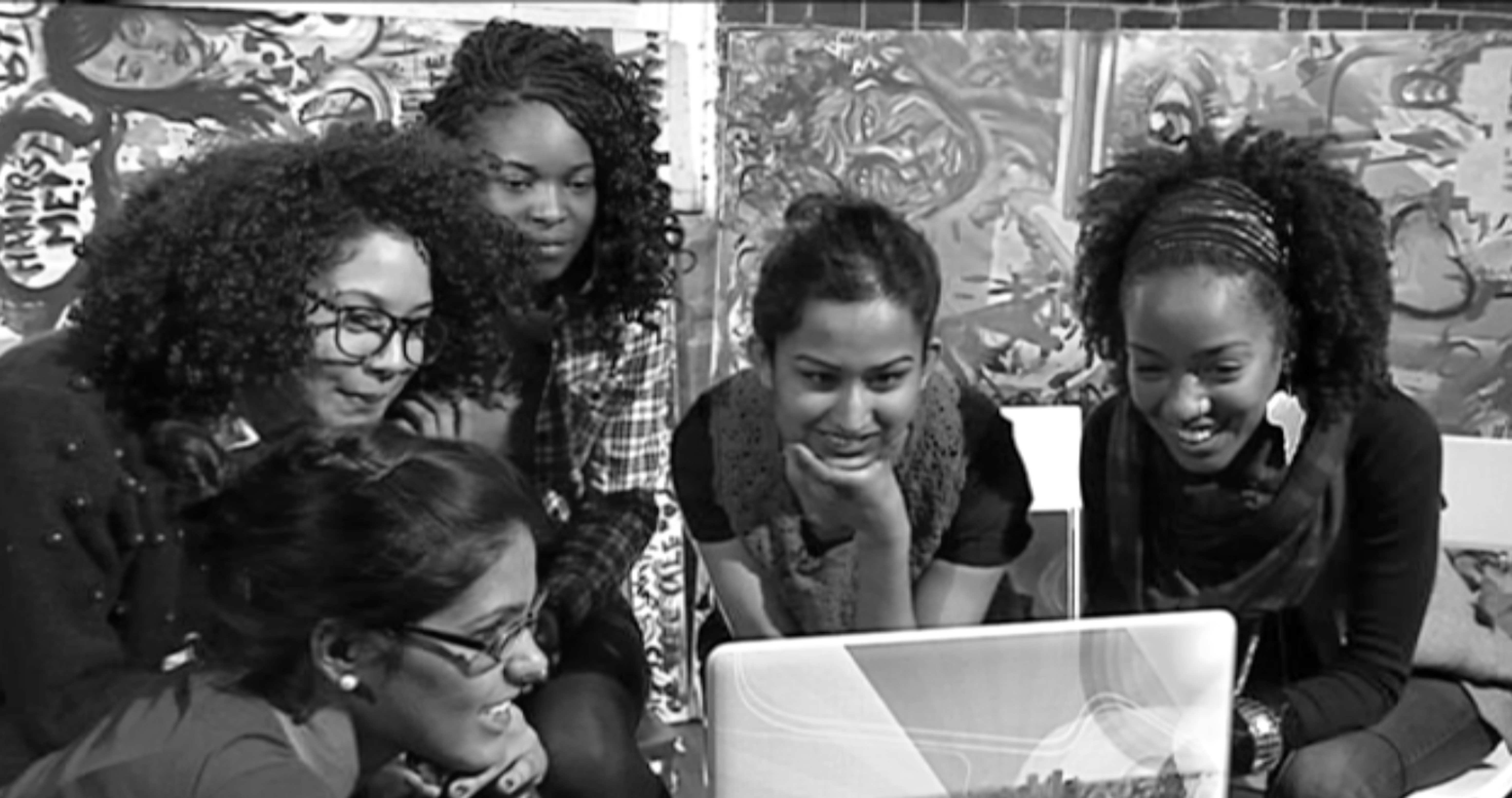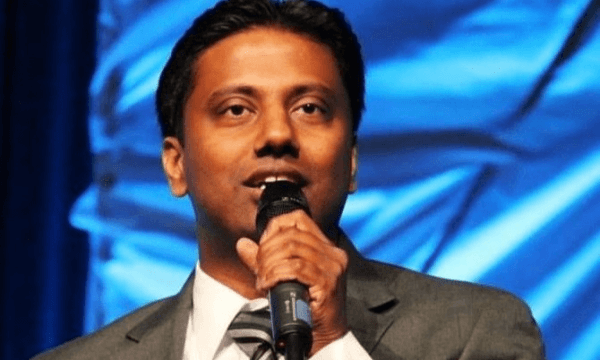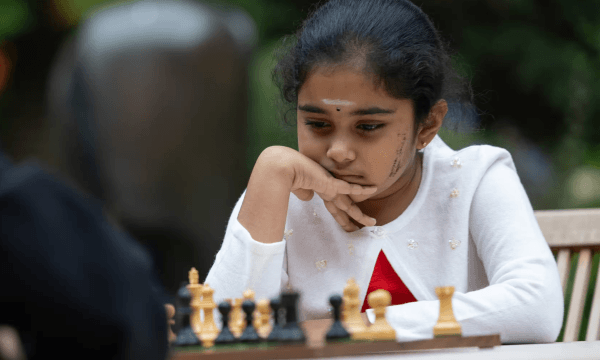
Editor’s Note: Nayani Thiyagarah, one of the creators of “Shadeism”, discusses the personal struggles that inspired her to create the documentary and the challenges she faced. “Shadeism”, as it is explained further in the doc, is a form of discrimination based on the shade of one’s skin colour, whereby the lighter you are the better you are treated in your community. This in turn impacts how we view, and value, ourselves.
When I first thought to start working on this documentary called Shadeism, it stemmed from personal experiences and questions – as much of my works do. I grew up around and affected by this ‘ism’ (for which then, there was no term to attach). It had become normalized; and the ‘normalcy’, internalized.
I had, at birth and during my early childhood, been considered ‘lighter-skinned.’ In many ways I was a ‘wonder-child’ for my family. I was relatively light in complexion, meaning I was not dark, meaning I was okay. I was ‘good.’ I didn’t have to worry about anything but maintaining that light complexion.
I lived with the constant reminders, like many other girls I knew, to stay out of the sunlight when it was too bright. And I dealt with the statements in the dead of winter, when aunts and uncles would remark ironically on how I was ‘gaining my colour’ back – that lighter tone I had ‘lost’ in the summer sun. I even remember my mom trying to convince me to quit outdoor tennis lessons. She had then blamed it on my eczema, but based on conversations we’d had earlier about my skin getting darker, I’m sure that had to do with her insistence.
I am the first to admit, to both others and myself, that shadeism did not negatively affect me as it has others. In truth, I acknowledge that I have experienced privilege to a certain degree. Despite dealing internally and externally with weight issues for most of my life, the continuous return of eczema, and sometimes getting darker in the summer, my skin complexion had always seemed to “redeem” me.
When I had first set to work on the doc with my team, I was doing so based on a difficult experience with my niece, Maanursha who thought that to be lighter meant to be more beautiful. I was doing so because I had returned to South Asia, where I was bombarded with images perpetuating shadeism unlike anything I had seen before. I was doing so because in India I had experienced what it was like to be considered a somewhat darker-skinned southerner Tamil, and the negative connotations that some hold of my cultural and ethnic background. And I was doing so, because I was experiencing it as a womyn for the first time and seeing it so strongly internalized in the psyche of my family’s next generation. All these experiences allowed me to admit publicly that this is something I’d recognized for too long. And that this was true not only in my own community, but amongst those of my friends as well. It is a shared issue.
Connecting this all back to the everyday effects I experience from producing Shadeism, I struggle internally very much so. The internal struggles stem from having created a work that has meant so much to so many people and feeling like I am inadequate to tackle the enormity of this issue. It has become so much more than what I have gone through alone. Despite having been affected by shadeism through my past sense of privilege; my rebellion against my mom’s desire for me to stay out of the sun; my family’s constant commentary on skin tone; experiencing discrimination for being from my community; and my experiences of connecting to, and being supported by sisters and brothers globally I still hesitate. Even after numerous screenings and email exchanges, and workshops and email discussions, I still question whether I can accurately represent shadeism.
The one thing that keeps me moving, and working with our team on the feature-length documentary, is understanding and respecting that this is something that needs to be done, that we started something so strong and necessary. Like any other movement for change and healing, there are personal and collective challenges, but I respect that this comes with tackling anything difficult. And so forward we move.
Shadeism Documentary:
httpv://vimeo.com/16210769
- Nayani Thiyagarajah

























